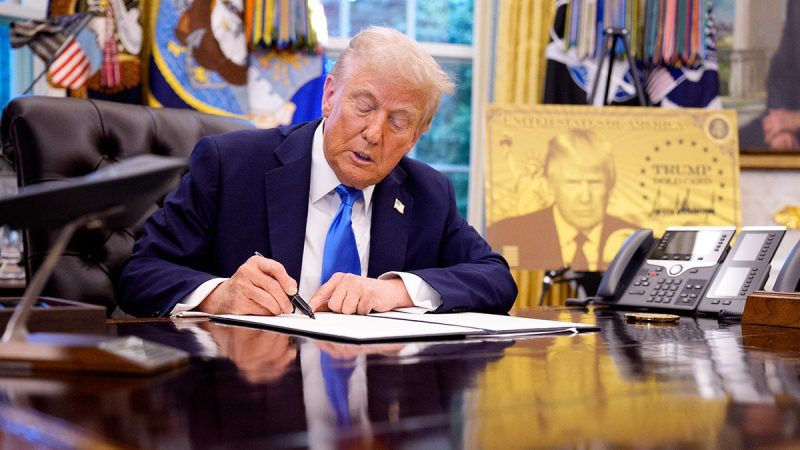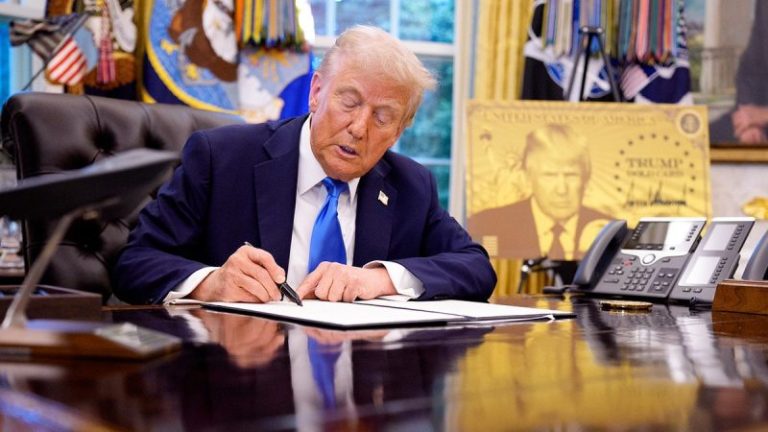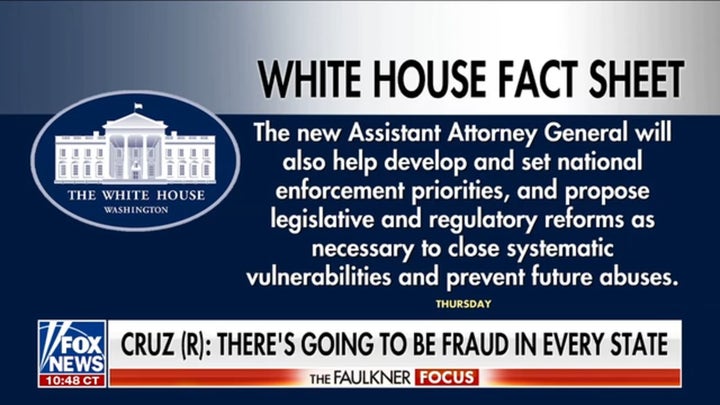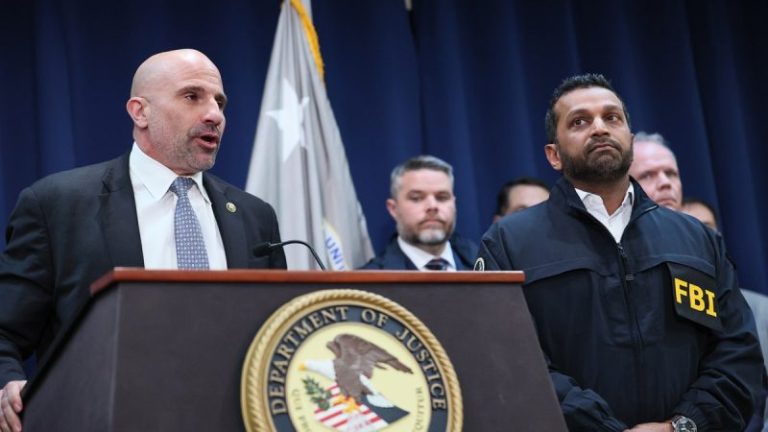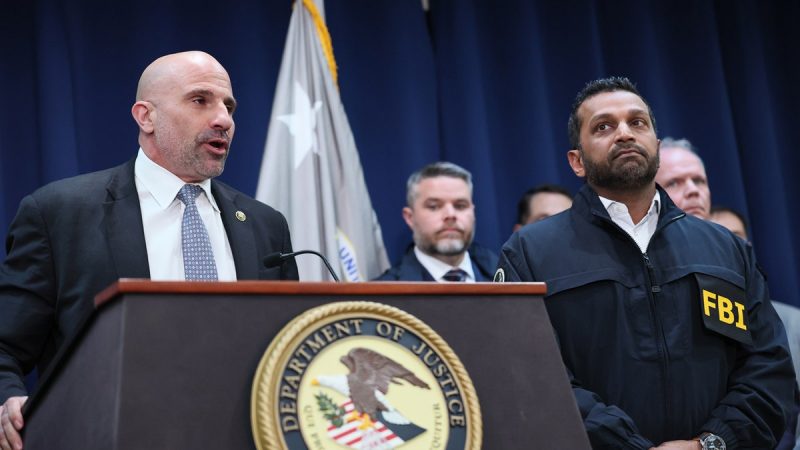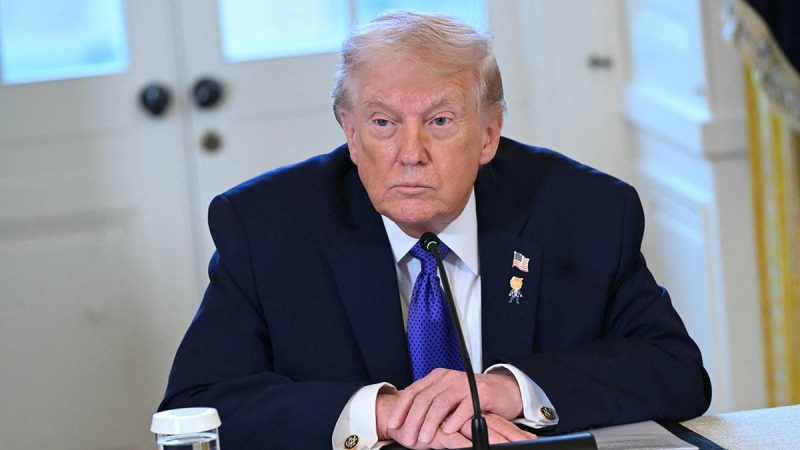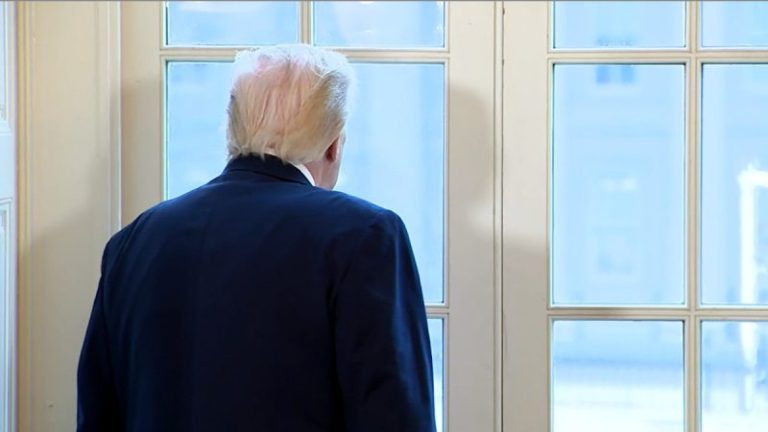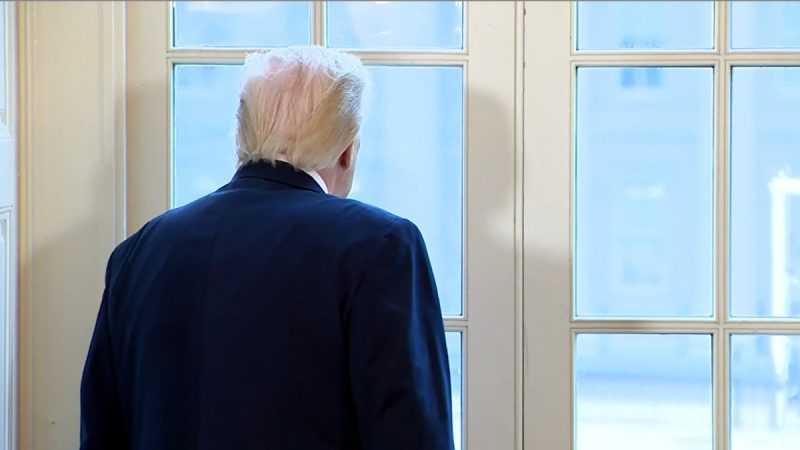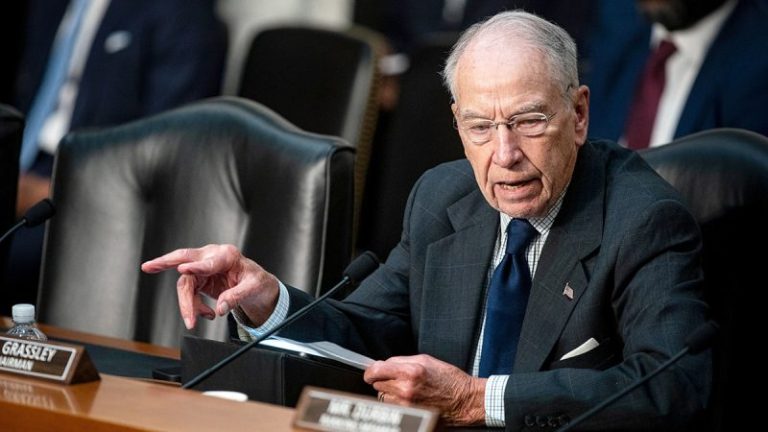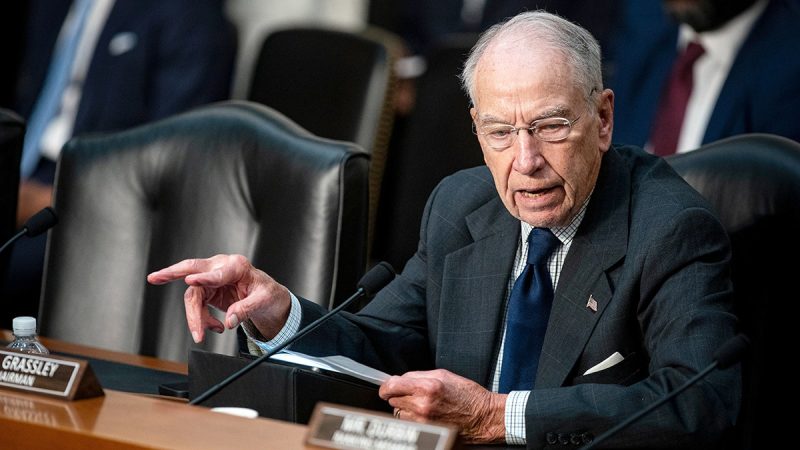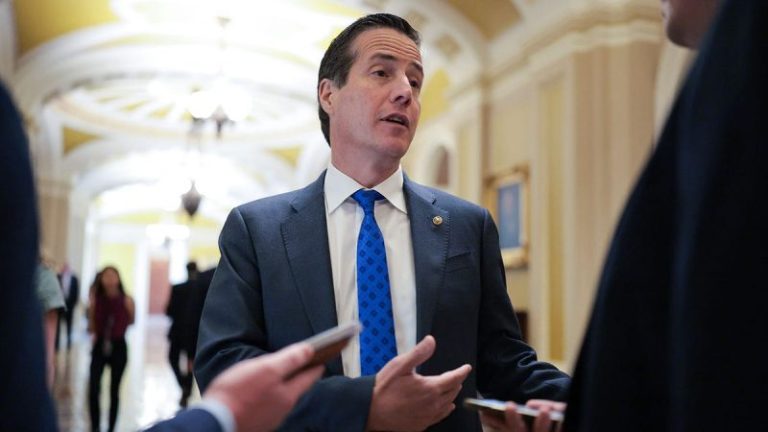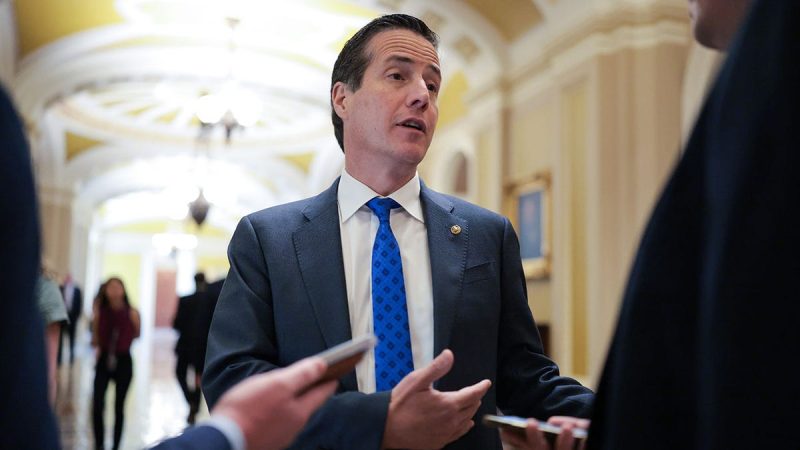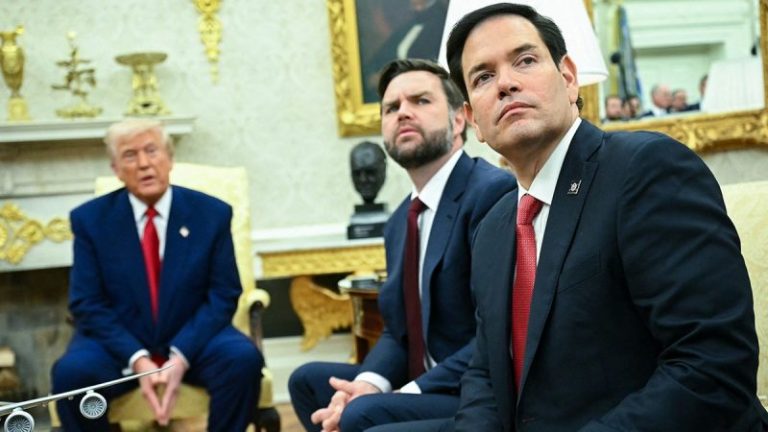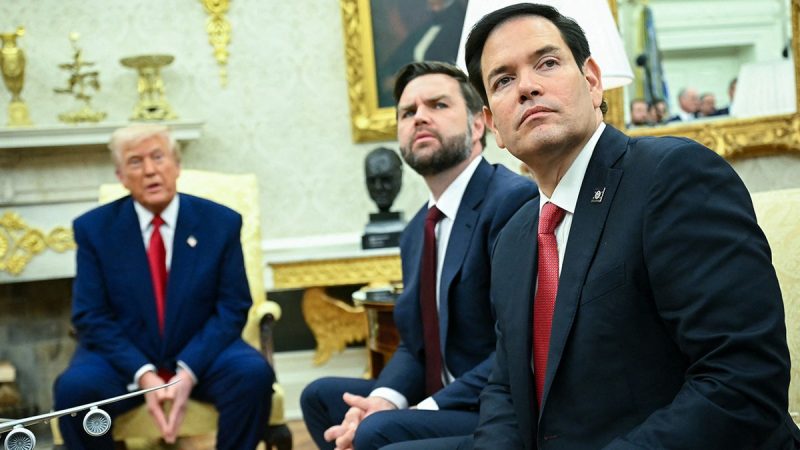
‘I hereby plead incompetence and stupidity.’
That’s probably the best defense that Minnesota Gov. Tim Walz can offer if he is criminally charged in the shocking multi-billion-dollar taxpayer ripoffs that grow larger by the day.
Given his earned reputation, his excuse of incompetence would be credible.
Nearly every social service program receiving federal dollars was fleeced by fraudsters right under Walz’s nose, including child nutrition, daycare, healthcare, housing, and autism aid. Most of the perpetrators were Somalians who comprise a powerful voting block that the governor treasures like gold.
Walz was repeatedly warned of the swindles as far back as 2019 when he first took office. Instead of stopping the scams and prosecuting the grifters, he indulged them by establishing a culture of permissible fraud.
The scandal has already claimed Walz’s political career, forcing him to abandon his bid for re-election. But if he reckoned that quitting would somehow shield him from legal culpability, he is mistaken. There is mounting evidence that Walz was willfully complicit, deliberately refusing to expose or pursue the monumental thefts and, instead, launching aggressive measures to scuttle any legal scrutiny and criminal consequence.
The governor’s own state workers at the Department of Human Services issued a blistering statement blaming him as 100% responsible. Witnesses say he retaliated against whistleblowers and schemed to discredit the well-documented fraud reports.
If true, Walz’s aberrant actions run dangerously close to criminal behavior involving cover-ups and obstruction.
Nine federal agencies, including the FBI, are now working to unravel the full breadth and depth of the colossal cons. The Department of Justice (DOJ) has sent scores of investigators and lawyers to Minnesota to prosecute the web of fraud and deceit.
They will inevitably weigh whether Walz should face criminal charges himself.
Possible Federal Charges
There are several federal statutes to consider. 18 USC 371 makes it a crime to conspire with others to defraud the government. At present, there is no known evidence that Walz directly participated in the scams themselves or accepted money.
However, if he plotted to cover up the fraud by impairing, obstructing or defeating efforts to bring the fraudsters to justice, the conspiracy statute is applicable. So, too, are the various obstruction of justice laws.
There is also 18 USC 2, the aiding and abetting statute where accomplices are treated the same as the main perpetrators. That law gave rise to the ‘willful blindness doctrine’ recognized by our courts.
An example is a businessman who intentionally ignores or turns a blind eye to his partner’s money laundering, resulting in charges against both. Similarly, a public official such as Walz can be indicted for deliberate inaction where he has a clear duty to act.
Finally, 18 USC 3 is relevant whenever concealment occurs. Whoever knows that a crime has been committed but ‘hinders apprehension, trial or punishment,’ is guilty of accessory after the fact. That bears a striking resemblance to what Walz is accused of doing.
All of this invites the question of the governor’s motive. If not money, how did he stand to benefit by suppressing the avalanche of fraud? That’s the easy part. Votes.
Walz, together with liberal elites and their media handmaidens, have long dismissed the rumors and reports of Somali-engineered fraud as ‘racist.’ Apparently, in Minnesota it is politically incorrect to enforce the law against immigrants from that particular East African country. It’s just not fashionable.
God forbid that putting criminals behind bars might lose electoral support. It’s chic to turn the other cheek.
So, the Somalian fraudsters were gifted a ‘get-out-of-jail’ free card, courtesy of the governor and his cronies. Walz, in turn, secured their votes. It was a nifty quid pro quo, but with an alternate currency —votes. As protection rackets go, it was slick.
That cozy arrangement is manifested in a recently uncovered audio recording of a 2021 conversation between Walz’s Attorney General Keith Ellison and Somali hustlers who were soon after convicted of scamming millions of dollars. They were heard leaning hard on the AG to ‘protect’ them in exchange for support and campaign donations.
Ellison eagerly capitulated but now denies any wrongdoing. He returned the cash.
Walz’s Incompetence Defense
It is too early to know whether a criminal case will be filed against Minnesota’s beleaguered governor. The U.S. Attorney and DOJ lawyers are still digging through the mountains of evidence.
However, as noted above, the only tenable defense Walz may be able to conjure up is incompetence and stupidity. It is something that jurors might readily accept.
After all, ineptitude became the governor’s calling card. He infamously conceded his own buffoonery in the 2024 Vice Presidential debate when he called himself a ‘knucklehead.’ He was such a gaffe factory that the Kamala Harris campaign squirreled him away from the media.
Walz achieved the impossible. He made his running mate look like a genius. His bizarre on-stage antics were constant fodder for mockery. Baffling verbal goofs, such as boasting that he had ‘become friends with school shooters,’ left voters scratching their heads or snickering.
A series of demonstrable lies about his military service and his peculiar treks to China only compounded the impression of a man who is either a serial fabricator or not right in the head. Maybe both are true.
And who can forget his epic bungling of the George Floyd riots in 2020. He radicalized the tragic death, thereby ginning up the ensuing violence. As Minneapolis burned, Walz dithered. Afterwards, he blamed the looting and torched buildings on systemic racism.
So, it’s not a stretch to imagine that an indictment alleging Walz was wittingly complicit in his state’s massive welfare fraud scandal might be met with a defense of ‘misfeasance’ (careless or incompetent execution of a lawful duty) to combat the incriminating evidence of ‘malfeasance’ (a deliberate, unlawful act).
It’s a distinction that can mean the difference between conviction and acquittal.
Should Walz find himself in the dock sometime soon… don’t be surprised if he portrays himself as a blockhead who was intellectually incapable of grasping the obvious.
Minnesota jurors who know the governor would understand completely.
This post appeared first on FOX NEWS
